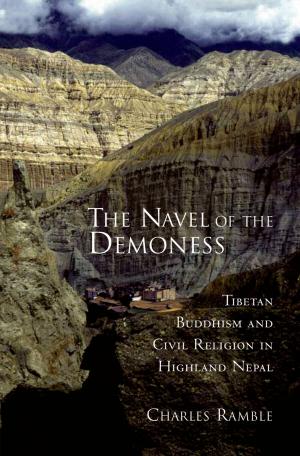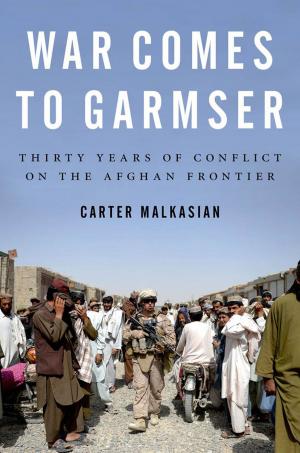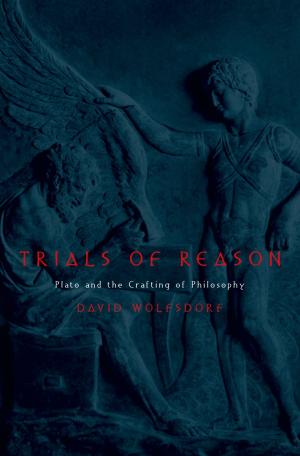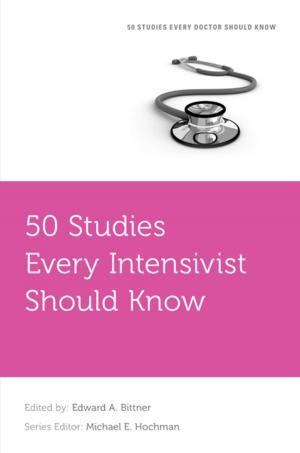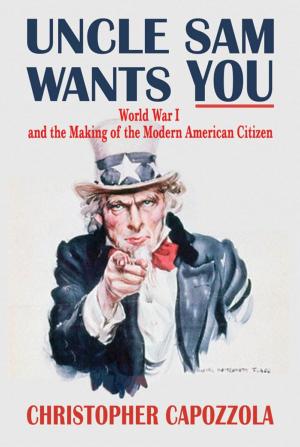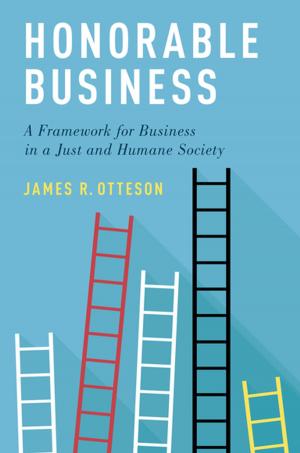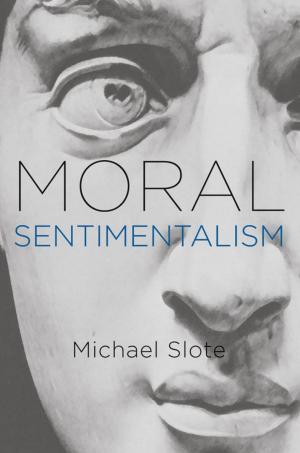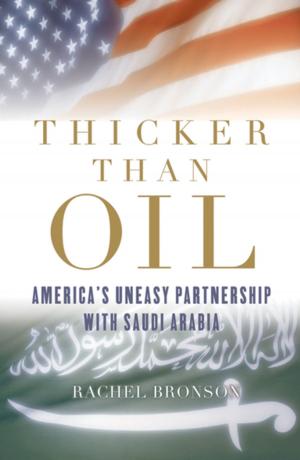Exodus and Liberation
Deliverance Politics from John Calvin to Martin Luther King Jr.
Nonfiction, History, Americas, United States, 20th Century, Modern, Social & Cultural Studies, Political Science| Author: | John Coffey | ISBN: | 9780199334247 |
| Publisher: | Oxford University Press | Publication: | November 18, 2013 |
| Imprint: | Oxford University Press | Language: | English |
| Author: | John Coffey |
| ISBN: | 9780199334247 |
| Publisher: | Oxford University Press |
| Publication: | November 18, 2013 |
| Imprint: | Oxford University Press |
| Language: | English |
Biblical texts have been one of the most potent sources in the Western political imagination. Presenting a new account of how the Bible's liberationist texts were deployed and disputed at critical junctures in British and American history from the Reformation to the Civil Rights Movement, Exodus and Liberation argues that the Exodus story carried one of the big ideas in Anglophone political culture - the idea of deliverance. In the sixteenth century, Calvinist rebels and reformers identified with Old Testament Israel as they sought liberation from "popish bondage." The Puritan Revolution of 1640-60 was depicted as England's Exodus, provoking a fierce contest for control of the biblical story. In the Glorious Revolution and the American Revolution, Protestants turned the Exodus narrative and deliverance language against "political slavery." Revolutionary rhetoric exposed the contradiction between libertarian ideology and black chattel slavery. Abolitionists forged a theology of liberation, articulated in resonant biblical mottoes: "Let my People Go!", "Proclaim Liberty throughout the Land," "Break every Yoke", "Release the Oppressed." African Americans cast themselves as the Children of Israel, forging a distinct identity and throwing into question the scriptural construction of the United States. Black migrations to the North were imagined as journeys to the Promised Land, and black Exodus politics climaxed in the speeches of Martin Luther King Jr. Among American statesmen, foreign policy rhetoric continued to yoke Providence to Liberation. By the twenty-first century, both George W. Bush and Barack Obama laid claim to the Exodus story. Using sermons, speeches, pamphlets, song, verse, and iconography, Exodus and Liberation documents the extraordinary reach of these biblical traditions, demonstrating how the political reading of scriptural texts powerfully informed Protestant debates over slavery and liberty.
Biblical texts have been one of the most potent sources in the Western political imagination. Presenting a new account of how the Bible's liberationist texts were deployed and disputed at critical junctures in British and American history from the Reformation to the Civil Rights Movement, Exodus and Liberation argues that the Exodus story carried one of the big ideas in Anglophone political culture - the idea of deliverance. In the sixteenth century, Calvinist rebels and reformers identified with Old Testament Israel as they sought liberation from "popish bondage." The Puritan Revolution of 1640-60 was depicted as England's Exodus, provoking a fierce contest for control of the biblical story. In the Glorious Revolution and the American Revolution, Protestants turned the Exodus narrative and deliverance language against "political slavery." Revolutionary rhetoric exposed the contradiction between libertarian ideology and black chattel slavery. Abolitionists forged a theology of liberation, articulated in resonant biblical mottoes: "Let my People Go!", "Proclaim Liberty throughout the Land," "Break every Yoke", "Release the Oppressed." African Americans cast themselves as the Children of Israel, forging a distinct identity and throwing into question the scriptural construction of the United States. Black migrations to the North were imagined as journeys to the Promised Land, and black Exodus politics climaxed in the speeches of Martin Luther King Jr. Among American statesmen, foreign policy rhetoric continued to yoke Providence to Liberation. By the twenty-first century, both George W. Bush and Barack Obama laid claim to the Exodus story. Using sermons, speeches, pamphlets, song, verse, and iconography, Exodus and Liberation documents the extraordinary reach of these biblical traditions, demonstrating how the political reading of scriptural texts powerfully informed Protestant debates over slavery and liberty.

